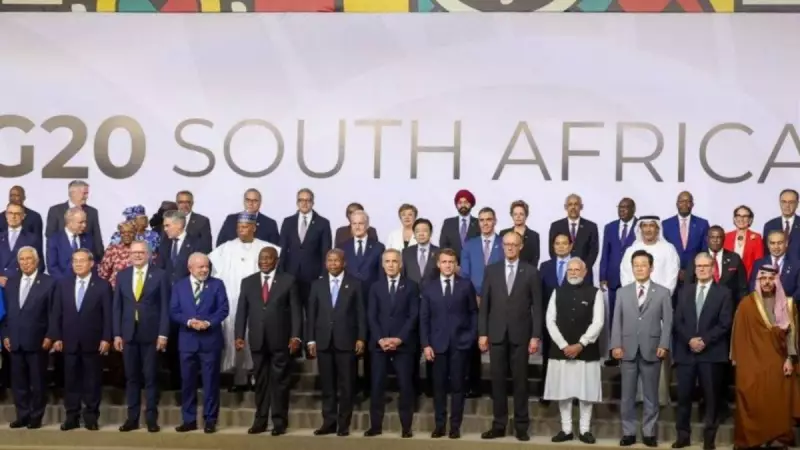
Leaders of the world's most influential economies have united behind a powerful vision for global progress, adopting the G20 declaration for 2025 that places solidarity, equality, and sustainability at the heart of inclusive growth strategies. The landmark document, finalized during the recent summit, outlines a comprehensive framework for international cooperation in addressing pressing global challenges.
Three Pillars of Progressive Development
The declaration establishes three fundamental pillars that will guide collective action among member nations. Solidarity emphasizes the need for unified responses to global crises and enhanced cooperation between developed and developing economies. The principle of equality focuses on reducing disparities within and between countries, ensuring that economic benefits reach all segments of society. Meanwhile, sustainability commits nations to environmentally responsible development practices that protect planetary resources for future generations.
This tripartite approach represents a significant evolution in global economic thinking, moving beyond traditional growth metrics to embrace a more holistic understanding of development. The framework acknowledges that lasting prosperity cannot be achieved without addressing social justice and environmental protection simultaneously.
Concrete Commitments and Implementation Strategies
The declaration contains specific commitments across multiple sectors, demonstrating the G20's determination to translate principles into actionable policies. Member countries have pledged to strengthen international financial architecture, enhance multilateral development banks' capacity to address global challenges, and improve coordination on debt restructuring for vulnerable nations.
On the sustainability front, the document outlines ambitious targets for transitioning to clean energy, promoting circular economies, and conserving biodiversity. The leaders recognized the urgent need to accelerate climate action while ensuring energy security and affordability. Digital transformation also features prominently, with commitments to bridge digital divides and harness technology for sustainable development.
Global Implications and Future Outlook
The adoption of this declaration signals a renewed commitment to multilateralism at a time of significant global tensions. By establishing clear priorities for international cooperation, the G20 has created a roadmap that could influence national policies and international agreements throughout the coming year.
Development experts have welcomed the emphasis on inclusive growth, noting that previous economic models often failed to address inequality and environmental concerns adequately. The declaration's comprehensive approach acknowledges the interconnected nature of contemporary challenges and the necessity of coordinated solutions.
As implementation begins, attention will turn to how individual member nations incorporate these principles into their domestic policies and international engagements. The success of this ambitious agenda will depend on sustained political will, adequate financing, and robust monitoring mechanisms to ensure accountability.





